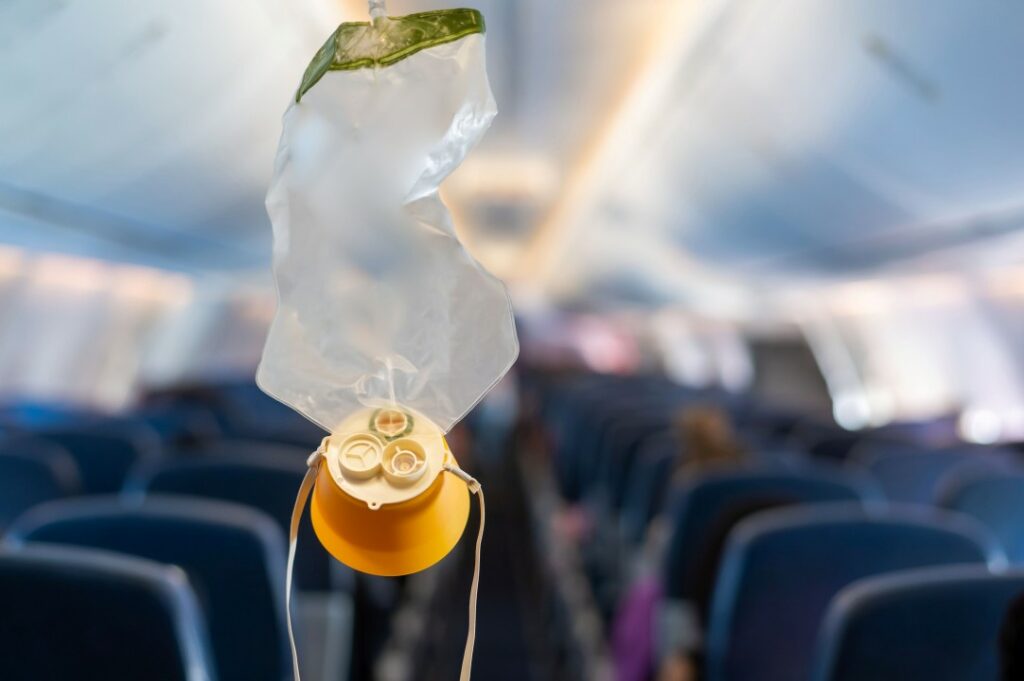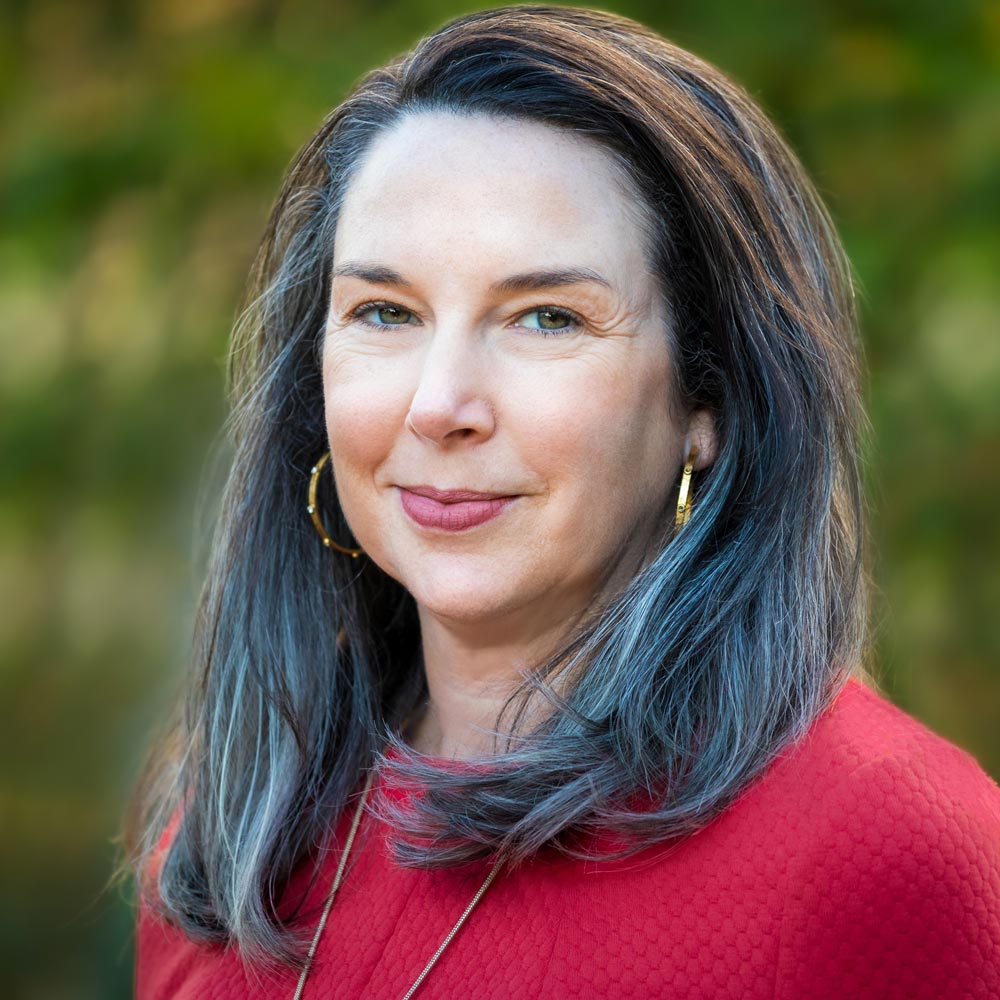“Make sure your own mask is on first.”
You hardly hear the flight attendant safety speech over the airplane’s speaker system anymore after, what, dozens or hundreds of flights. You’ve got your process: find your seat, stow your luggage, plop down, seatbelt, and send off a few texts and emails before you go on airplane mode.
“… Should the cabin experience sudden pressure loss, stay calm and listen for instructions from the cabin crew. Oxygen masks will drop down from above your seat. Place the mask over your mouth and nose, like this. Pull the strap to tighten it. If you are traveling with children, make sure that your own mask is on first before helping your children…”
Maybe the first time you heard that, it sounded odd. My child is my first priority, you wondered, Why wouldn’t I make sure he or she is safe before I take care of myself? But then it was explained to you that you are of no help to your child in an emergency if you’re unconscious.
Given the universal acceptance of this concept on airplanes, it always amazes me that many leaders, myself included, sometimes fail to see the relevance of it to their own lives and leadership capacity. Our society recognizes and often rewards the “rise and grind” work ethic, with no recognition of the risk that this creates not only for individuals but also to the people and institutions around them.
Leaders have a bad habit of making everything and everyone else a priority, but making their own needs – sleep, eating, exercise, time with their families, time with their friends, downtime – optional. I always encourage my clients to flip that notion on its head and make treating themselves well a personal strategic goal.
I don’t need to cite the science on the benefits of sleep, exercise, and good nutrition. Nor do I need to remind you that stress kills–everyone one of us has a cautionary tale in their own family or network.
And yet, we continue as leaders to think that we’re superhuman, or at least temporarily exempt. We tell ourselves that this lifestyle is just temporary, that we’ll change after this next board meeting, campaign, quarterly report or “when get through this difficult time,” even though we know that there is always another thing around the corner that we’ll use to justify putting it off again.
Then there are the stories we tell ourselves, which fall into some version of these:
- If I don’t do it, the work won’t get done.
- Only I can do this specific important thing.
- It would take so long to train someone else that it’s just easier to do it myself
- What will happen if I’m not there?
These rationalizations all imagine some kind of worst-case scenario that we think justifies our actions. But does it? What is really the worst thing that would happen? No one gets to a senior position of leadership without an ability to recognize and solve problems. If a problem arises while you are away, your job as a leader is to find a solution–when you are back. If a bad decision is made, you can fix it. But more likely, someone else will demonstrate that they are capable. Or you will finally have that extra capacity within your organization. Or someone will share the notes with you.
The truth is that the more comfortable you are as a leader, the better you are at letting go – and the inverse. If you believe that leadership is supposed to be a grind, then consider this an invitation to rethink the grind premise.
We know this in our hearts, but we delude ourselves into a work life that is the opposite.
We know that we are not doing anyone any favors as a leader when we show up exhausted, short-tempered, stressed, distracted, or sick–or we don’t show up at all because we’re sick in bed or worse yet in the hospital. Being unkind to yourself is the worst strategy toward reaching your goals that you could ever choose, and yet many of us choose it time and time again.
Give yourself compassion to be kind to yourself, and your leadership will flourish.

